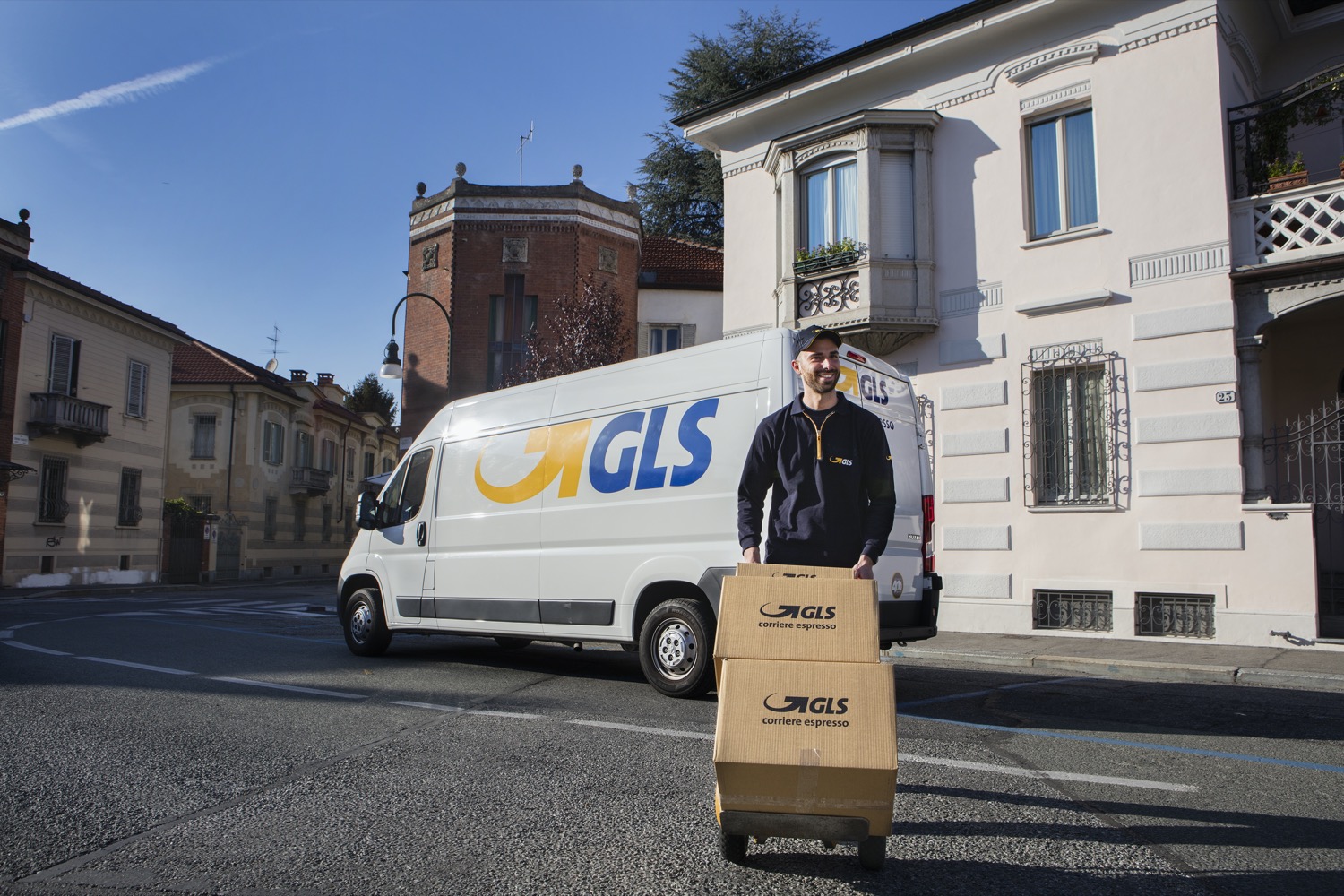Transporting a parcel from a point to another in the shortest time: in a nutshell this is the job of a courier. The idealistic line between the shipping and the destination of any good is a useful image to understand the idea of process, that is to say the set of actions that, through the transformation of one or more resources, allows to realize and deliver an item or a service. Making this process efficient is the purpose of GLS Enterprise, express courier with more than 66 offices in Italy, that in 2014 decided to start a lean journey that is still running.
A journey under the sign of diversity, the ability to customize the processes both on the peculiarities of different areas – GLS Enterprise distribution points are on the whole Italian territory, from big cities to small villages, in very different geographical and economic environments – and on the specific needs of customers – from big corporations to the individual consumer.
A spread culture
«The lean culture helped developing our managers to have an attitude oriented toward transferring value to the customer from the point of view of efficiency, keeping great flexibility, inventing customized solutions for each area and toward each client. » as told by Simone Vicentini, GLS Enterprise General Manager.
The cornerstone in the lean journey of GLS Enterprise is building a culture of improvement and efficiency diffused throughout the organization by appropriately trained managers, not only in the headquarters, but in all the offices.
«Our job is strongly territory-oriented – as said by Vicentini – differently from some other competitors, who choose standardization, with the same model for any place on the Earth. Even being part of a multinational corporation, GLS Enterprise is a company focused on the territory, keeping the efficiency principles of a centralized organization. We also manage big amounts of domestic items and relate to national and local operators. Our purpose is to provide high-value services even in the peripheral locations. »
Diversity applied to the organization
The lean transformation began with education, first sharing principles and techniques with all the employees during the company conventions, then creating workshops in local offices, where people can put together theory and practice. The Branch Managers saw the lean approach and principles with their own eyes and could get the tools of lean thinking.
«We have a quality manual, standard procedures, but what truly makes the difference is the ability to fit the diversities of our nation: – Vicentini explained – economical, cultural, geographical differences. It’s different to deliver in Genoa or in a city of the Po Valley, in Milan, or in Rome. »
The same procedure happens with different means in different places. Consider Venice, where items are transported on vans to the piers in the lagoon and then charged on a small fleet of boats assigned to door-to-door deliveries. The tension toward efficiency combines with environmentally aware logistics.
In the old towns of big cities, there are offices in charge of the last mile using electrical means and bicycles, to reduce streets congestion and pollution. In small cities like Vicenza, where the number of deliveries does not justify an office, we adopted a different solution: the opening of a shop where customers can ship or receive parcels and where the cargo bikes pick up the parcels for the deliveries in the pedestrian area.
Integrated supply chain to increase the customer value
Diversity is highlighted in another dimension: the one of customer needs, which can be very different. Customized solutions can be compulsory, sometimes. The shopping online, which is becoming more and more popular, is deeply emotional: the customer clicks on the e-commerce website and pays in a few seconds, then the items are expected to arrive in a short time. The competition about the time of delivery between different operators is very intense.
For companies, the time-to-market has become a main aspect to choose the express courier to rely on. The solution to shorten the time of delivery is the progressive integration of the supply chain activities, aligning the courier processes to those of the sender ones. The traditional relationship between client and supplier transforms into a partnership, with a constant exchange of information and high levels of operational integration.
«Our branch managers communicate with customers’ supply chain managers. – explains Simone Vicentini – This way we can put in play ad hoc projects, e.g. aiming to respond to the request of picking during the evening, since the online store allows orders until 6 PM. In such situations, the lean knowledge of local management is a strong point to design processes with minimized waste. The whole value chain will benefit of the improvement in efficiency. »


